Ignoring the traditional market and pouring a lot of money into product research, many entrepreneurs say they are criticized for being crazy and reckless when they want to do things differently.
The quality of "dare to take risks" was one of the keywords drawn from the forum on entrepreneurship on October 13. Many business leaders said they had accepted pain many times, stepped out of their comfort zone, and become pioneers.

Entrepreneurs share at the forum on October 13. Photo: MPI
"I was once called crazy by people in the industry when I peacefully stopped selling to India, a familiar market, to develop organic raw material areas," said Ms. Nguyen Thi Huyen, General Director of Vietnam Cinnamon and Star Anise Production and Export Joint Stock Company (Vinasamex). Established in 2012, Vinasamex at that time mainly exported raw products to India and Bangladesh and was highly appreciated by customers for its quality.
However, when learning more about the market, Ms. Huyen said that in fact, many other countries also have high demand for the product. The difference is that their standards are very high. Not wanting to depend on 1-2 markets, and at the same time wanting to raise the level of Vietnamese cinnamon and star anise, she took the risk.
"I didn't know what many of the criteria that customers gave were. I just thought that I needed to do something different and decided to stop selling to India and focus on learning about international certifications on organic production and connecting with farmers," Ms. Huyen said.
When she started working, not only was she doubted by people in the profession, but the authorities and people in the areas where Vinasamex came to were also hard to convince. "They were not ready to believe, so they refused," she recalled. It was not until she arrived at Dao Thinh commune (Tran Yen district, Yen Bai) that she received a nod.
In the following 3 years, this enterprise achieved international organic certification for 1,000 hectares of cinnamon and star anise, thereby opening up export opportunities to demanding markets such as the US, Japan, and Europe.
"When I received the certificate, the instructor said I couldn't believe it because the initial advice was to try it on 10 hectares to control it well. However, I wanted to take a risk and eat a lot," said Ms. Huyen.
Currently, Vinasamex has exported to 20 countries and is a prestigious partner of customers in the US, Europe, Japan, and Korea.
Similarly, Ms. Tran Thi Thu Phuong, Vice Chairwoman of the Board of Directors of Hoang Ha Paper Joint Stock Company, also took a risk when deciding to build a green factory with a total investment of VND 1,240 billion, while the company's capital was only VND 100 billion.
"Many parties, even customers, convinced us to choose a lower option, 5-7 years to recover the capital and then invest the money in something else," she recalled. However, she believed that if we invested in a new factory, it had to be classy and positioned as a green factory. She also believed that once we were determined, we would definitely find a way to do it. The company later gradually increased its capital, and the factory went into trial operation, expected to produce products by the end of 2023.
Unlike the two female entrepreneurs, the story of Mr. Phan Thanh Loc, Chairman of the Board of Directors of Vietnam Food Joint Stock Company, is a problem of choosing products with high scientific content, competing directly with foreign corporations.
Vietnam Food is a unit specializing in processing shrimp by-products including shrimp heads and shells, thereby creating added values serving many different agricultural industries and at the same time contributing to reducing the environmental burden.
He said that the by-product manufacturing industry in Vietnam is actually very difficult, from human resources to market awareness. "At first, I kept hearing about experts and went to seek their advice. But in the end, I still had to rely on myself. There are very few people who can actually do it," he said.
This company also had to go through painful lessons to learn from experience. For example, there are machines that currently cost only 200 million to buy, but Vietnam Food once had to pay 1.4 billion VND, because at that time the company had no way to check.
In terms of sales, if in other countries, the by-product recycling industry is respected, in Vietnam, the first concept is that the product is surplus and has a very cheap price. The way to handle by-products is also just steaming, drying, grinding and then exporting raw. "Clean extraction like ours is very rare, which means that when we take this path, we choose to compete fairly with large corporations that are selling raw materials to Vietnam," he said.
According to businesses, taking other paths, besides creating a sustainable development direction for themselves, also aims to affirm the pride of the Vietnamese people.
Vnexpress.net



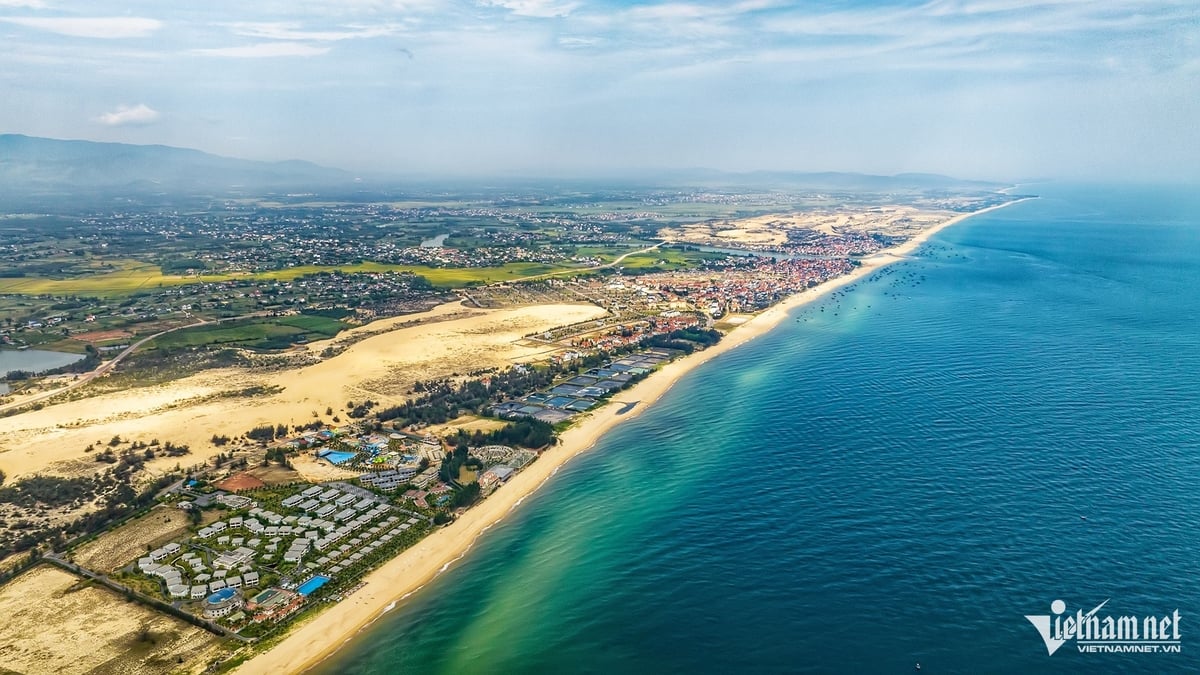
![[Photo] Prime Minister Pham Minh Chinh chairs a meeting of the Steering Committee for key projects in the transport sector.](https://vphoto.vietnam.vn/thumb/1200x675/vietnam/resource/IMAGE/2025/5/10/0f4a774f29ce4699b015316413a1d09e)


![[Photo] General Secretary To Lam holds a brief meeting with Russian President Vladimir Putin](https://vphoto.vietnam.vn/thumb/1200x675/vietnam/resource/IMAGE/2025/5/10/bfaa3ffbc920467893367c80b68984c6)


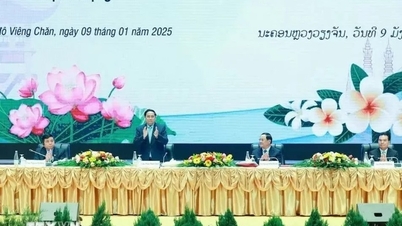
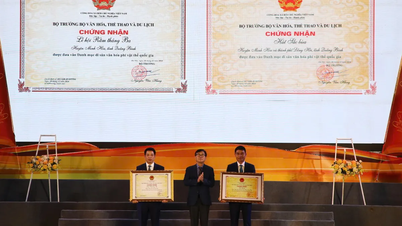
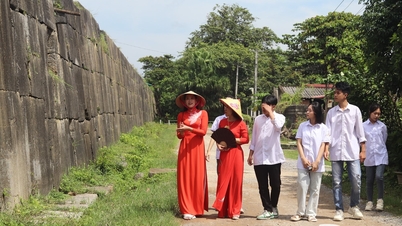











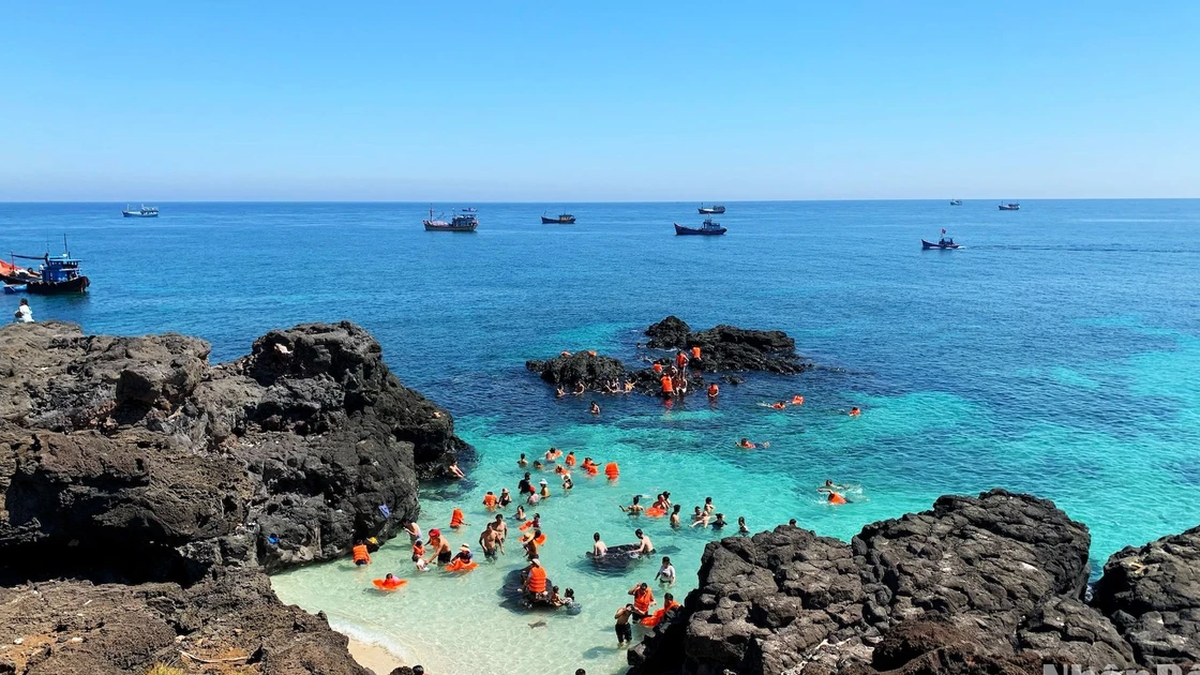



































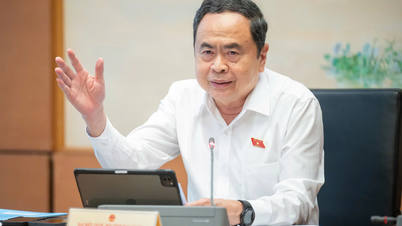
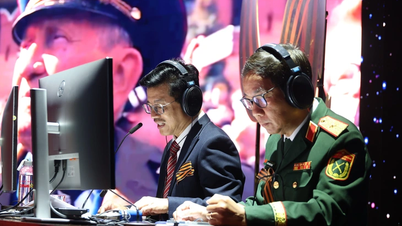









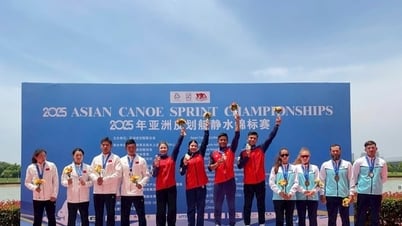

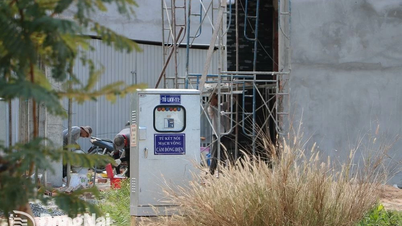

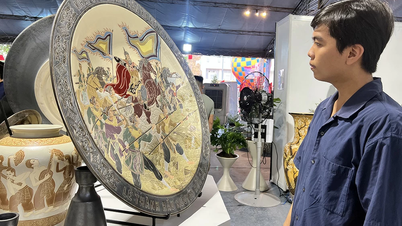
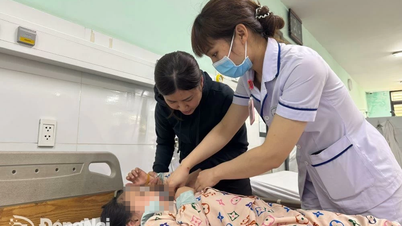













Comment (0)